Europe is among the most liberal regions, worldwide, particularly with regard to the equality and the rights of LGBTQIA+ individuals. This can be seen in everything from the passage of the inclusiveness of the legislation to the simple act of enabling people to have a great night out. You’ll discover a ranking of some of the top European countries for LGBT rights in this section of the article that we’ve put together.
Norway
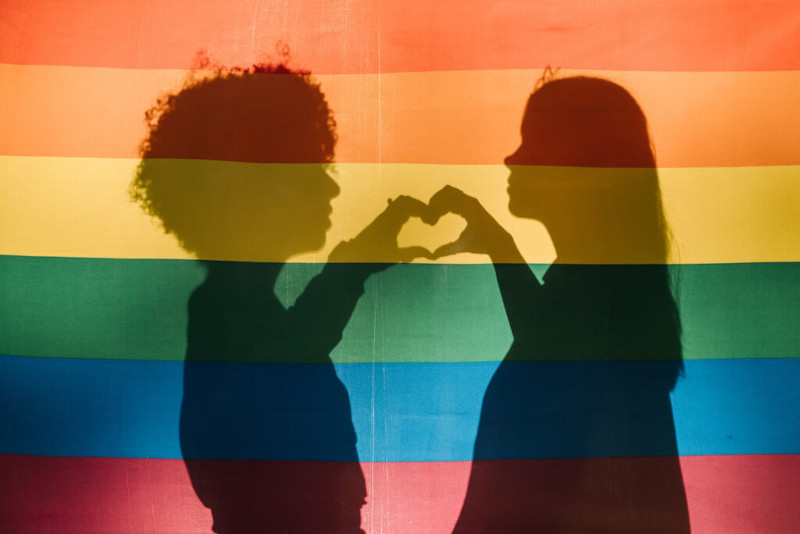
Are you surprised surprise that Norway, which is consistently ranked as one of the nations around the world where people report the highest levels of happiness, is also among the leaders in LGBTQIA+ rights? PREP is an HIV prevention medicine that can reduce the risk of contracting HIV by as much as 86 percent. In 2016, Norway became the second European nation to make PREP available free of charge through its public health system.
Additionally, the country has simplified the process for transgender people of any age, including minors, to officially declare their gender identity by completing a single form. In Norway, same-sex marriages have as been allowed since 2009, and the country’s Evangelical church has already approved marriages for same-sex couples, marking a significant step toward progressive ideals.
Belgium
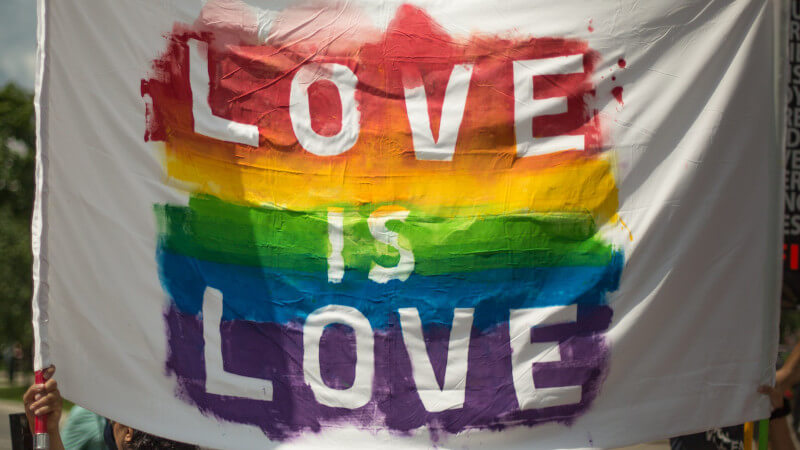
Concerning the rights of LGBTQIA people and their allies, Belgium has traditionally been seen as one of the more advanced nations in Europe and the rest of the globe. In 1795, sexual behavior between people of the same gender was made lawful, and in 2003, Belgium became the second country in the world to make gay marriage legal. Annually, there are approximately one thousand weddings between people of the same sexual orientation.
There are LGBTQIA+ communities and neighborhoods in several cities around Belgium, such as Arc-en-Ciel in Brussels and across Wallonia, and Het Roze Huis in Antwerp. Additionally, there are lots of activities taking place all over the country, notably two Pride parades – Antwerp Pride later in the summer and Belgium Pride in Brussels in May.
Netherlands
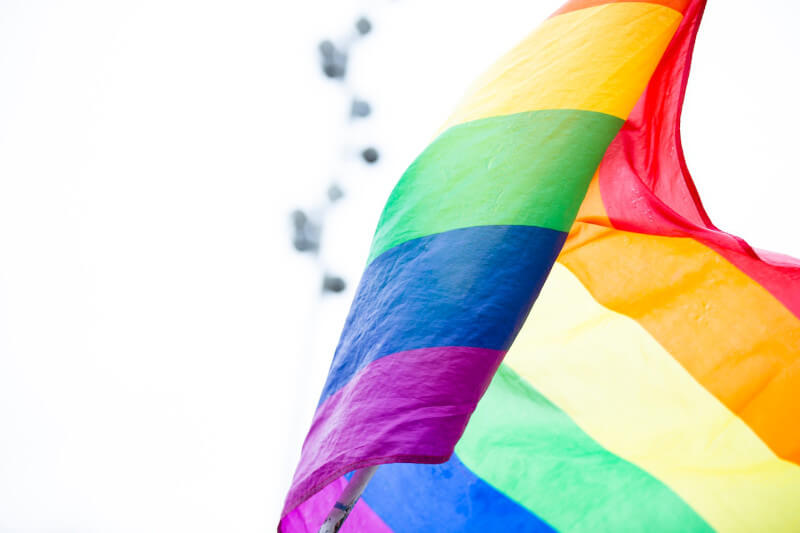
The Netherlands is the first country in the world to make marriages between people of the same gender legitimate. The passage of this law in the year 2000 demonstrated that the nation was serious about inclusivity at the dawn of the millennium. Considering the Netherlands’ well-deserved reputation as a tolerant nation, many people won’t be surprised by this news. Tolerance is ingrained in Dutch society.
A large number of LGBTQIA+ events take place in Amsterdam, such as Gay Canal Pride, a festival that takes place on boats rather than the conventional parade floats that are typically seen in other cities (on land). Within the same time frame as Amsterdam Pride, it played host to the Western EuroPride festival, which made a significant impact on the local community and drew people numbering in the thousands.
Malta
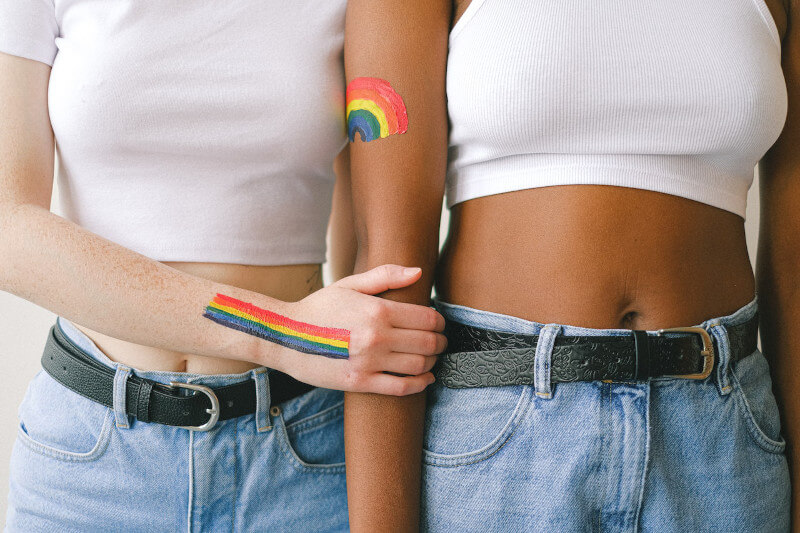
In 2016, Malta emerged as the first country in Europe to prohibit gay conversion treatment after the Maltese parliament in Valetta overwhelmingly approved a measure forbidding efforts to “cure” homosexuality. The legislation also prohibited other efforts to “treat” homosexuality. Because conversion therapy can still be found in the majority of countries throughout the world and is even practiced there, raising legal awareness of the problem and finding ways to sanction it is an astute step.
The advocacy organization ILGA-Europe has named Malta the country in Europe that best recognizes the privileges of LGBTQIA+ citizens on two separate occasions. This is demonstrated by the fact that the age at which an individual can seek a legitimate validation of gender without the authorization of their parents has been lowered to 16.
The UK
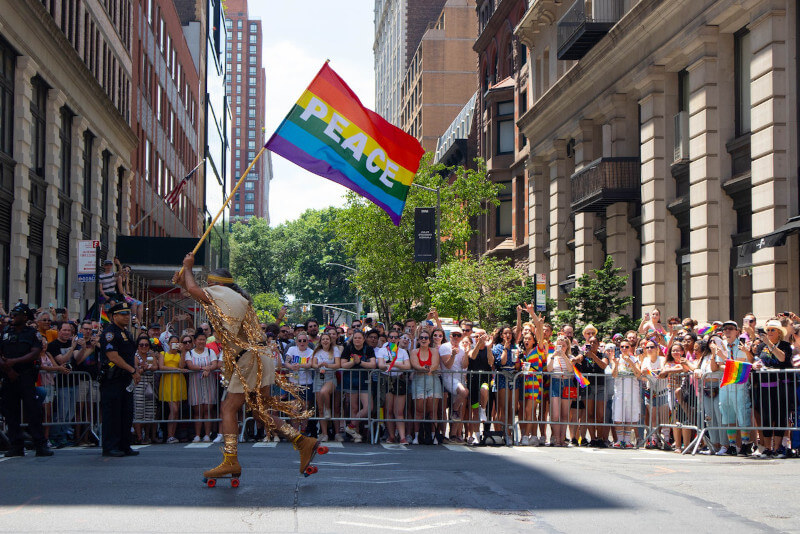
Britain took a liberal approach to gay rights and legalized gay marriage in 2013 (in Wales and England) and 2014 in Scotland. As a result, the country is home to some of the most vibrant and well-attended pride marches in the world, such as those held in Brighton, London, and Manchester (in Scotland). In London, gay pubs, taverns, and nightclubs may be found in virtually every neighborhood, although Soho is most likely the one with the top selections.
Sackville Gardens is a garden in Manchester that features three historical landmarks. These include the Transgender Remembrance Memorial, the Alan Turing Memorial, and the Beacon of Hope, a statue that pays tribute to those who have been impacted by AIDS. In Manchester, you can discover the LGBTQIA+ heritage of the city in this park.
Ireland
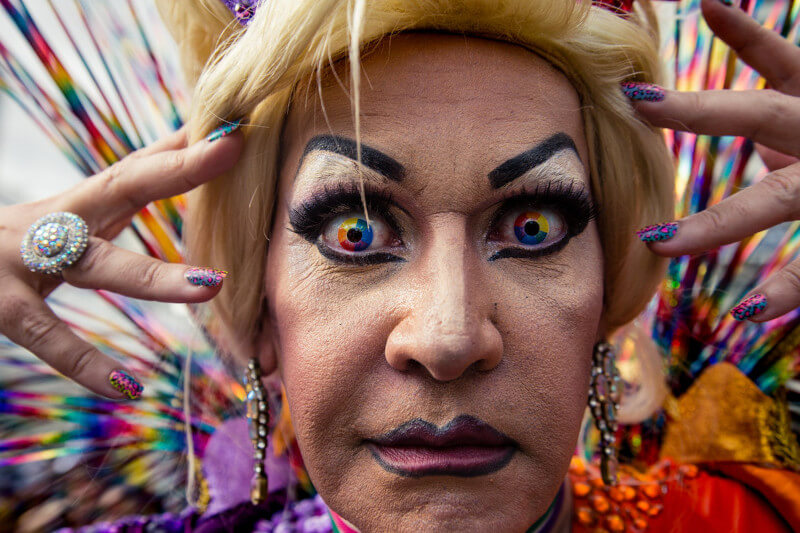
Ireland made headlines in 2015 when it created history by being the first-ever country to hold a referendum on same-sex marriages and winning with a majority vote of 62%. The notion that the decision was made wholly by the citizens of Ireland was a significant cultural achievement, and people all around the world rejoiced along with them as they made it.
Dublin is a prominent LGBTQIA+friendly city within Ireland (many of its electoral districts voted yes to gay marriage by a margin of at least 70 percent), conducting the Global Gay Theatre Festival every May, and paying homage to Oscar Wilde (who was born in the city) with a colorful memorial statue located inside Merrion Park in front of his previous home.
Sweden
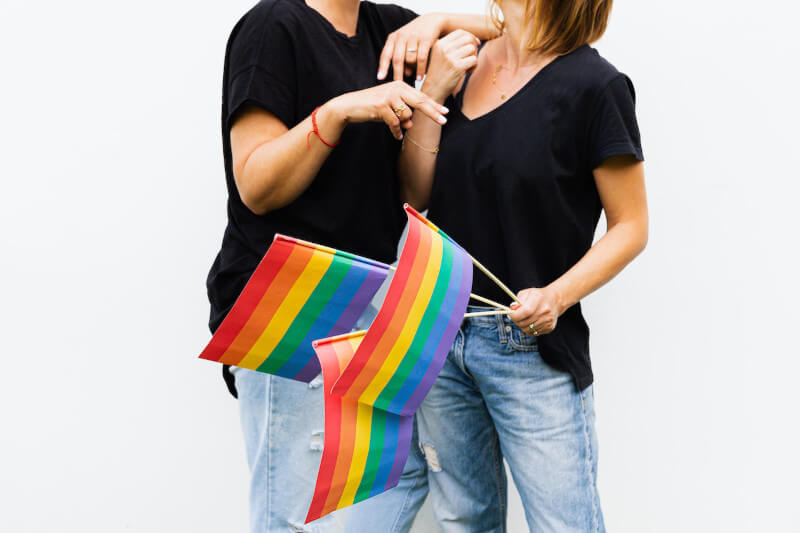
For a long time, Sweden has indeed been LGBTQIA+ friendly, notably with the lively community that can be found in Stockholm. The yearly pride commemoration in the nation’s capital involves not only the traditional march but also Pride House, which serves as a venue for gatherings such as seminars and conferences in the week before the parade, as well as Pride Park, an open-air carnival that features performances, parties, and shows. There is also an unauthorized “gay” hotel known as the Berns Hotel. It features two restaurants, a nightclub, and a concert space that has previously hosted performances by Diana Ross and the Supremes.
Finland
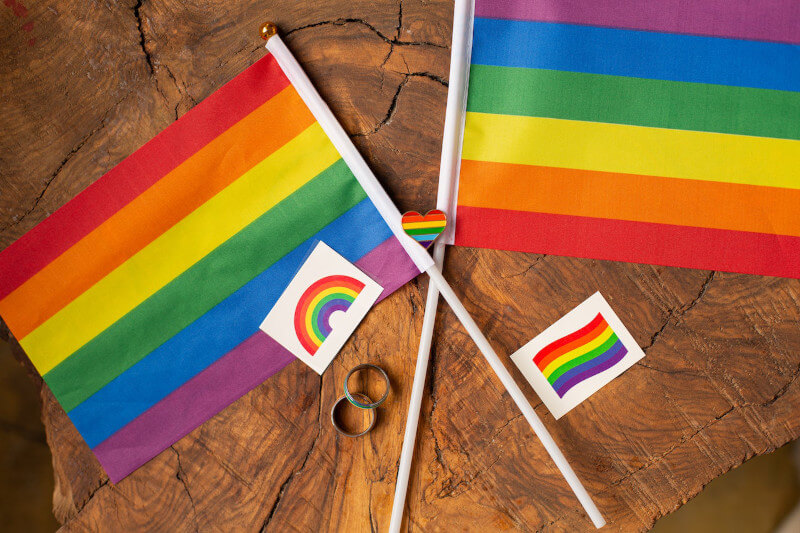
Since 2002, Finland has permitted same-sex marriages and relationships with restricted privileges. However, in 2014, the country voted to legalize same-sex marriages, and this change will take effect in 2017. After the voting was successful, Finland was confronted with a significant amount of opposition, which manifested itself in the form of a petition seeking the revocation of the act that was signed by more than 100,000 people. The request was, however, shot down by the Finnish Government, which deserves credit for its action; they voted 120 to 48 in favor of maintaining the law.
Denmark
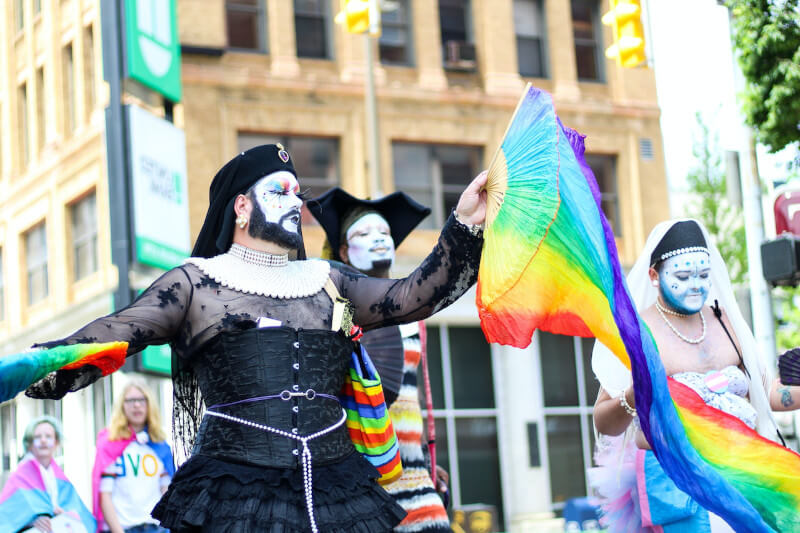
It may come as a surprise to learn that in 1989, Denmark was the very first nation in the world to officially recognize same-sex partners in civil unions. Some people are taken aback by the fact that the government did not even have gay marriage in the top 10 priorities until 2012 when it finally legalized the practice. Despite this, Denmark continues to be one of the most liberal and progressive countries in the world; the capital city of Copenhagen hosts an annual pride event; the city is also home to the longest surviving official gay bar, Centralhjornet; and the block that is adjacent to the City Hall Tower was given the name “Rainbow Square” in honor of the LGBTQIA+ movement.
Germany
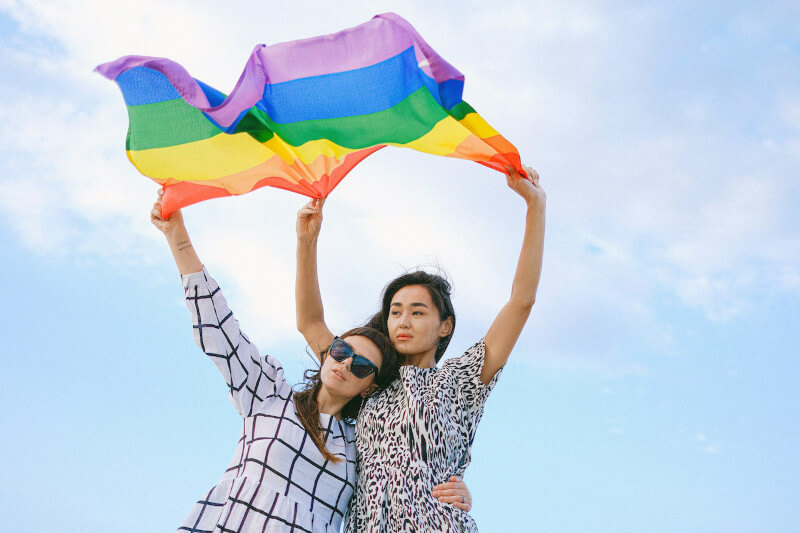
For the lesbian, gay, bisexual, transgender, and queer (LGBTQ) population, Germany is widely regarded as being one of the greatest forward-thinking and accepting countries in Europe. Christopher Street Day is a yearly celebration of gay pride that takes place in Berlin. This event attracts approximately 500,000 people and features a march and gatherings all over the city over nearly two weeks. Berlin is particularly known as a destination where anyone can be whomever they wish to be. In addition, the more obscure Kreuzberg Pride will take place on the same day.
The fact that Berlin makes a connection between its history and LGBTQIA+ challenges, most famously through the monuments to LGBT survivors of the Holocaust, is one of the city’s many redeeming qualities. In light of all of these positive attributes, it may come as a surprise to learn that Germany did not legally acknowledge marriage equality until October 2017, even though the country has long recognized the legitimacy of civil marriages.
Spain
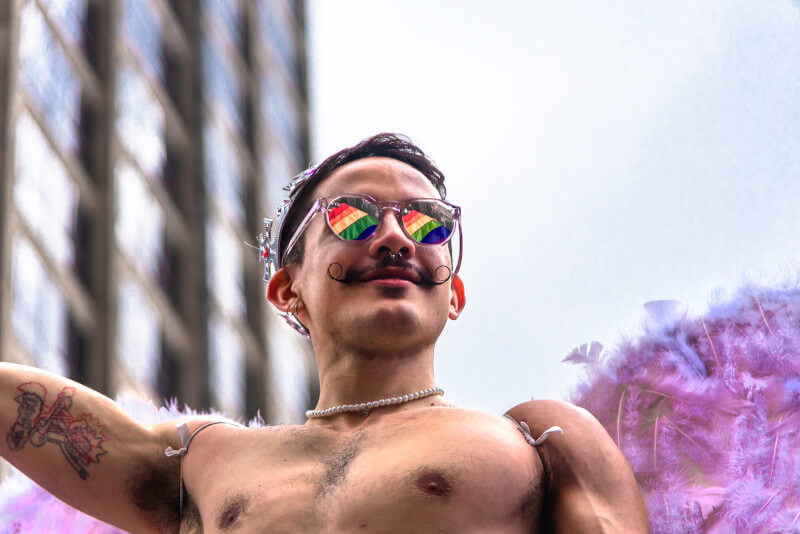
Due to the city’s pleasant weather, its wonderful tapas, and its long-standing LGBTQIA+ community, Barcelona is a popular destination for LGBTQIA+ travelers throughout the entire year. Bear Pride takes place in the city every March; Barcelona Gay Pride takes place every June, and the International Lesbian and Lesbian Gay Film Festival take place every October. In 2005, Spain became the 3rd country in Europe to legalize marriage between people of the same gender. In 2013, a survey asked participants if they believed homosexual behavior should be acknowledged by society, and 88% of respondents answered yes to this question. This indicates that Spain, overall, is fairly open-minded.
France
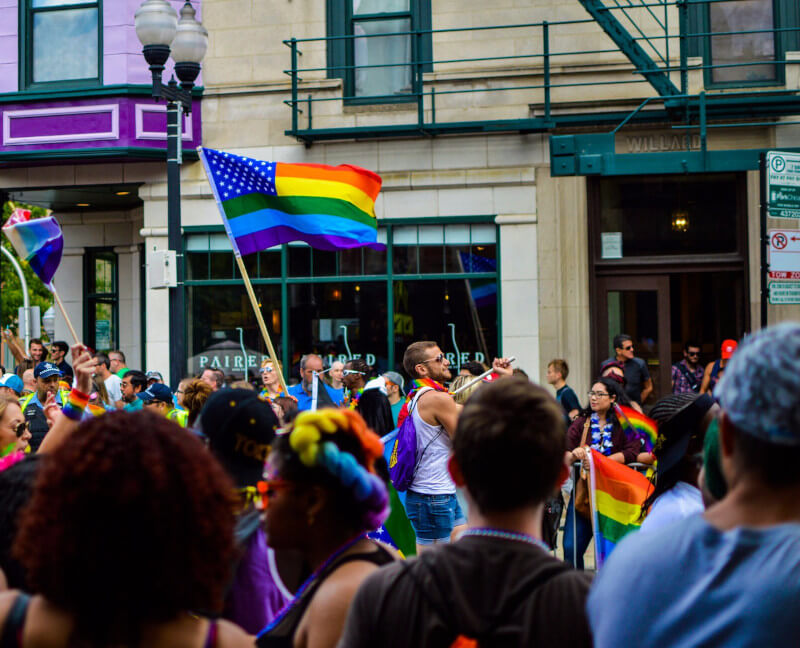
There have been assaults in retaliation to progressive laws, such as when gay marriage and adoption rights were legalized in France, for example. France’s relations with homosexual rights have always been fraught and often contentious. Nevertheless, the majority of the country has an accommodating attitude, and the LGBTQ community in Paris is incredibly alive and offers support. If you’re going to be in the city for the evening, the homosexual district of Le Marais is where you’ll want to be for the best nightlife. Local city travel company Gay Locals offers LGBT excursions across Paris that focus on both the city’s history and its vibrant nightlife.
Even though much of European countries are seen as a haven for LGBTQIA+ travelers, there have been reports of events taking place in other regions of the world. Some of the most liberal and accepting nations are not without error. Travelers of any gender, sexual orientation, or appearance can, nevertheless, have a wonderful experience exploring Europe as long as they make the necessary preparations before setting out on their trip.
